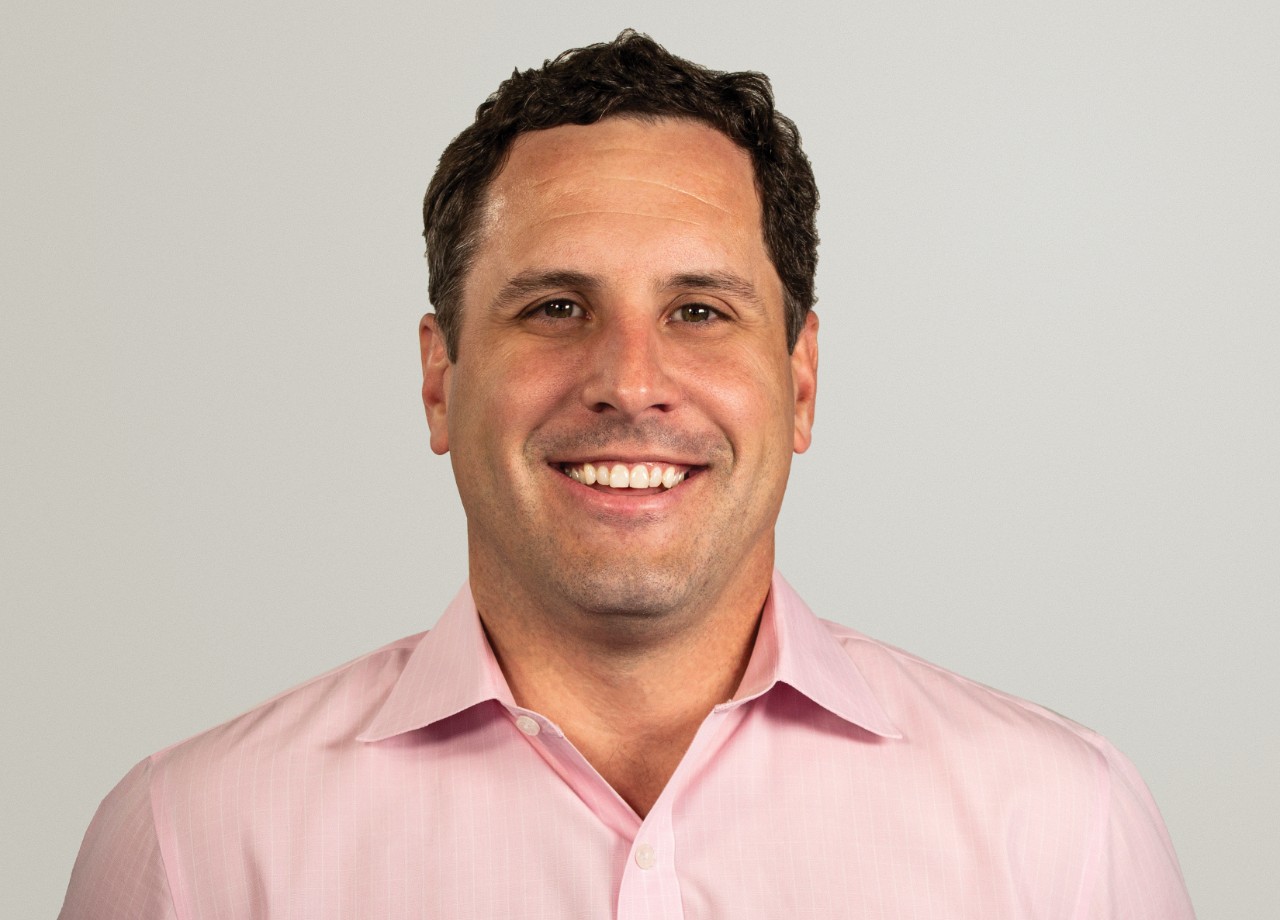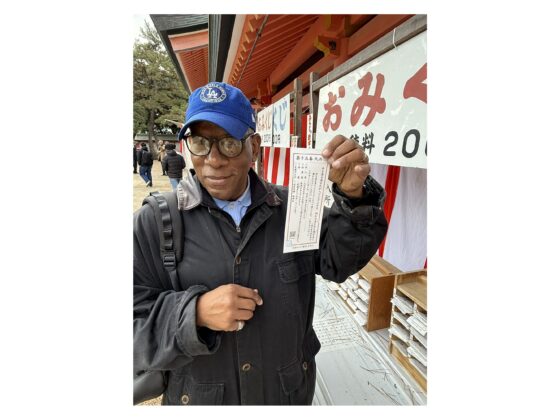Michael Snyder (MBA ’09) shares the highlights of his journey from a big corporation to a smaller technology company.
I had always worked at larger organizations — BB&T (now Truist) prior to Darden, Booz & Co. immediately after Darden and Amazon Web Services (AWS) after that. I gravitated to the partner model at Booz and the new cloud business at AWS, both having a more intimate, startup feel.
At AWS, I had a unique opportunity to create the exciting new Private Equity vertical, a global business that grew quickly to $1 billion in influenced revenue. However, five years in, I found myself with a role that was very inwardly focused. I spent more time reporting up to management and focusing on internal operations as opposed to being out in front of clients. The startup atmosphere had changed over time to feel much more “corporate.” I found it hard to understand exactly the impact I was having, even with a growing staff, an impressive title and a seat on the executive team. I was starting to feel a sense that I didn’t fit this “big” culture.
I wanted to make a difference, and I sensed I needed to take some time to figure out what that meant for my career path. I felt I wanted to be in a much smaller organization or possibly on my own, even if it meant a position that was not as impressive on paper.
In 2018, I left Amazon without a real plan. I began working with Darden’s Alumni Career Services on defining what my next move would look like. I was introduced to the book Designing Your Life (DYL), and as I completed the exercises, I realized that a small company was my best move. It would allow me to make an impact and would also provide the familial type of culture where I found a natural fit.
Finding companies that met these criteria in Atlanta was initially quite difficult as my career and network had been built outside of the Atlanta area. Using the DYL model, I began to design conversations to gain insights into companies that fit my criteria. I scoured my LinkedIn network, along with my personal and professional networks within Atlanta and conducted 25-plus DYL “interviews” (usually breakfast meetings) with people who might provide insight to my search. I didn’t use these conversations to job seek, but rather to make connections, be curious, and seek out advice. These conversations helped me formulate a search target list of smaller companies and also garnered some key introductions to decision makers. All that groundwork led to some great interviews with companies I’d never heard of and might not have found otherwise.
As my interviews evolved, I began to explore the idea of starting my own small consulting practice. I reached out to a contact I’d met years before at a private equity conference to get his perspective on the market and ask for his mentorship. He had co-founded Advocate and was successfully growing the business in the technology business management space. As our conversation unfolded, he shifted it to the idea of me joining the firm instead of launching my own.
I spent the next few weeks exploring the possibility of joining Advocate. We reviewed the impact I could make for the business, but also got to know one another personally, sharing our histories, values and goals. We found an alignment in values first before beginning the formal interviews with the rest of Advocate’s senior team.
I have now been with Advocate for 18 months and run the advisory services team, which is responsible for about 50 percent of the revenue for the company. I truly enjoy working with every person on our team and love being part of a culture where I truly fit. I enjoy the challenge of having to manage all aspects of my business and how much the work that I do directly impacts the success or failure of Advocate.
Leaving Amazon without my next job lined up did initially provoke some anxiety, but the gap time turned out to be both professionally and personally rewarding. I was burned out from constant travel and being on the road. Taking my time to explore the search thoughtfully also gave me the time to focus on family. I had the chance to get involved in my daughter’s school, reconnect with my wife and enjoy the benefits of being home for a while.
Making the move from a large organization to a smaller one can be difficult and risky, but I have felt a real sense of fulfilment in my move to Advocate. My advice to alums who want to discover smaller companies and find a great fit is not to shortchange the exploration. Knowing yourself, your skills and cultural fit, then being willing to dive deep into many conversations to discover the unknown opportunities, is a great pathway to success in a small growth company.





